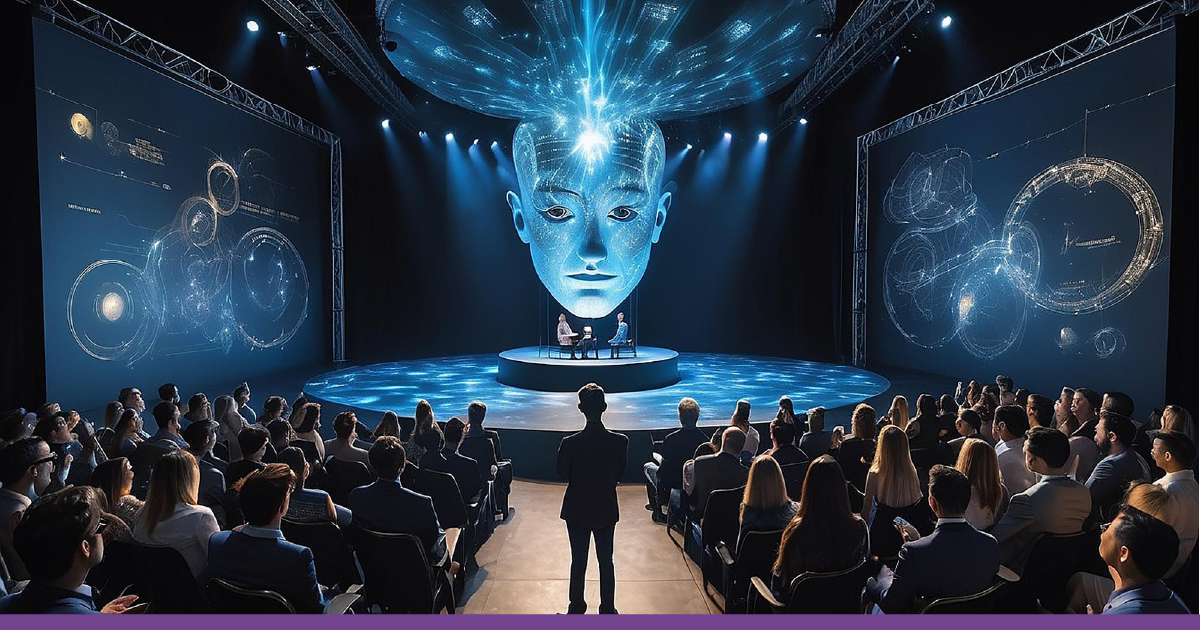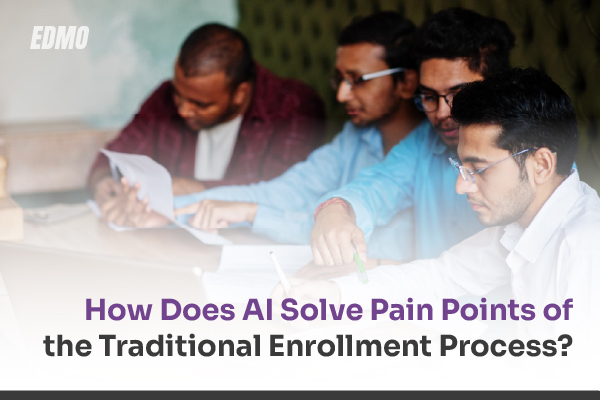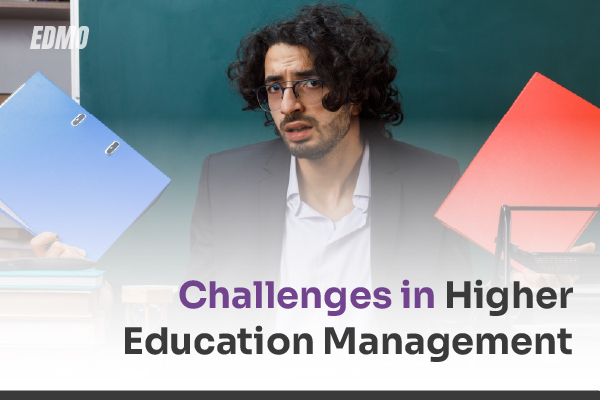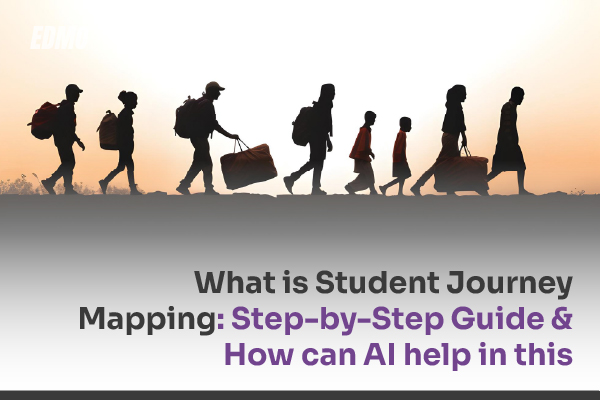AI in education is reshaping university admissions and academic support, making the admission process more efficient and personalized for students. Here’s how top universities are using AI:
- Ivy Tech Community College: Ivy Tech implemented an AI-driven monitoring system to track students’ online learning behaviors and identify those at risk of failing. By evaluating engagement, the system provided early interventions, assisting 3,000 students in improving their grades.
- University of Pennsylvania: The AI model RoBERTa analyzes 306,000 student essays to evaluate 7 personal qualities, ensuring fair, data-driven admission decisions.
With EDMO’s Document Intelligence, universities can improve admissions by reducing application start-to-completion time from several weeks to just a few hours and lowering manual work by 40% so that staff can focus on important decisions.
AI Makes Admissions Easier for All Students
Applying to university can be overwhelming, especially for students from non-traditional backgrounds. AI helps break down barriers by making the process more accessible and judgment-free. In a podcast with Ashish Fernando, Vicki Greene, CEO of the GED Testing Service, highlighted AI’s impact, stating, “The one thing that is powerful with GED learners and students in general is it removes shame.” At Georgia State University, the AI chatbot “Pounce” supports students through the application process, reducing administrative burdens and boosting engagement.
AI Expands Opportunities for More Students
AI helps universities reach more students by simplifying the application process. It removes barriers like location and access to information, making higher education available to more people. A survey shows that 50% of admissions offices use AI to streamline screening, making admissions faster and reaching more students. As William Gaulidelli, Senior Vice Provost at Lehigh University, says, AI’s goal is not financial gain but to increase access. With AI, colleges can connect with a diverse group of students.
AI Identifies Struggling Students Early
Some students face challenges beyond academics, and AI can detect when they need extra support. The University of Texas at Austin uses predictive analytics to evaluate the likelihood of applicant success in specific programs, helping identify students needing additional support. In a podcast with Ashish Fernando, Karen McGregor, Executive Director of Student Success at Purdue University Global, explains how AI can step in to help: “AI can begin to identify a student who might be struggling with something non-academic and help refer that student to a success coach.” This proactive approach ensures students get the help they need before falling behind.
AI Answers Admissions Questions Instantly
Students frequently have questions about Admission deadlines, documents, and program details. David Morales, CIO of Western Governors University, believes AI should be a guide for students: “We want to make sure that we provide self-service and enable AI such that it answers all the questions on behalf of us to our students as much as possible.” With AI, students can get accurate information whenever they need it. For example, AI chatbots like Lola at the University of Murcia provide instant answers, making the admissions process smoother. Lola communicated with 4,609 students and answered over 38,708 questions with 91% accuracy. With EDMO’s Conversation Intelligence, universities can improve student engagement by reducing inquiry response time to under one minute, ensuring a seamless and efficient admissions experience.

AI Offers Personalized Support
Every student’s journey is unique, and AI can provide guidance at every stage—from choosing programs to submitting applications—ensuring they receive timely information. For instance, the School of the Art Institute of Chicago uses machine learning to predict enrollment, analyzing over 100 factors to improve resources and support students. In a podcast with Ashish Fernando, Vicki Greene highlighted AI’s role in education, saying, “AI is amazing because it helps students learn in ways humans can’t.” With personalized support, AI in education ensures students stay on track and don’t miss important details or deadlines.
AI in education makes university admissions smoother and more personalized for every student. It simplifies the application process and provides instant support, making the experience more accessible for everyone.
Conclusion
AI in education is transforming university admissions, making the process faster, fairer, and more personalized. From simplifying applications to providing instant support and identifying struggling students early, AI helps universities create a better experience for all. As technology evolves, AI will play an even more prominent role in ensuring students get the guidance they need to succeed. With EDMO’s AI solutions, universities can simplify admissions, improve student engagement, and make smarter decisions, creating a smoother experience for everyone.
Also Read:
What Top Leaders Are Saying About AI in Education
Top Strategies for Increasing Student Retention in 2025
Demographic Changes in Student Enrollment and What it Means for Your Institution
How to Use AI to Personalize the Admissions Process in 2025







